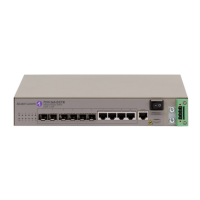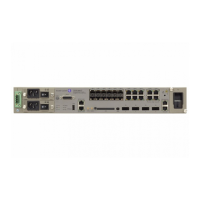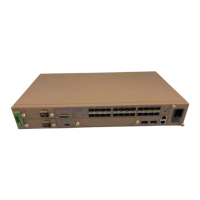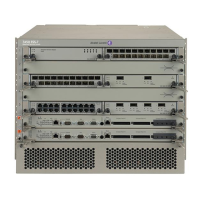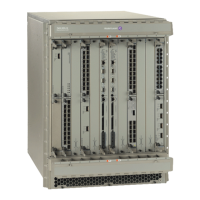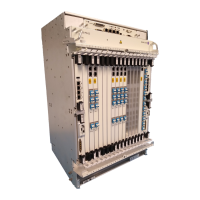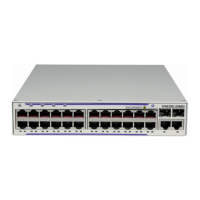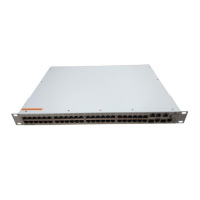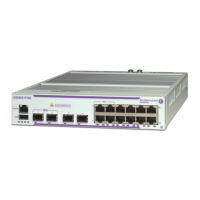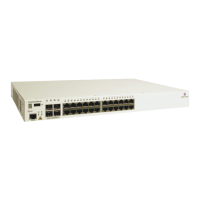Service Entities
Page 36 7210 SAS M Services Guide
SAP Configuration Considerations (applicable for both Network mode and
access-uplink mode)
When configuring a SAP, consider the following (applicable to both network mode and access-
uplink mode):
• A SAP is a local entity and only locally unique to a given device. The same SAP ID value
can be used on another 7210 SAS-Series.
• There are no default SAPs. All SAPs in subscriber services must be created.
• The default administrative state for a SAP at creation time is administratively enabled.
• When a SAP is deleted, all configuration parameters for the SAP will also be deleted.
• A SAP is owned by and associated with the service in which it is created in each router.
• A port with a dot1q encapsulation type means the traffic for the SAP is identified based on
a specific IEEE 802.1Q VLAN ID value. The VLAN ID is stripped off at SAP ingress and
the appropriate VLAN ID placed on at SAP egress. As a result, VLAN IDs only have local
significance, so the VLAN IDs for the SAPs for a service need not be the same at each
SAP.
• If a port is administratively shutdown, all SAPs on that port will be operationally out of
service.
• QinQ access SAPs of type Q1.0 is not supported.
• A SAP cannot be deleted until it has been administratively disabled (shutdown).
• Each SAP can have one each of the following policies assigned:
→ Ingress filter policy
→ Egress filter policy
→ Ingress QoS policy
→ Accounting policy
Note: Access-egress QoS policy is assigned per access port.
• SAPs using connection-profile (to specify dot1q VLAN ranges) can be configured in a
service only when svc-sap-type is set to 'dot1q-range'.
• When a service is configured to use svc-sap-type 'dot1q-range', the outermost V-LAN tag
of the packets are not stripped when the packet is received on access port ingress. For
more information on processing behavior for this type of service, see “Ethernet Pipe
(Epipe) Services on page 136 ” section.
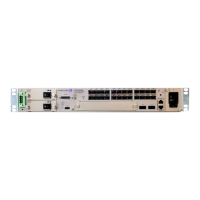
